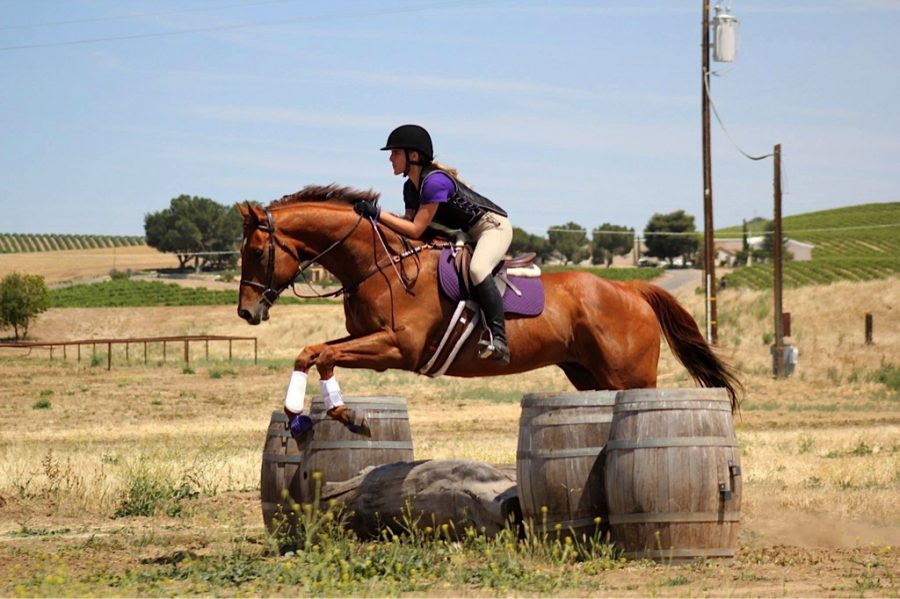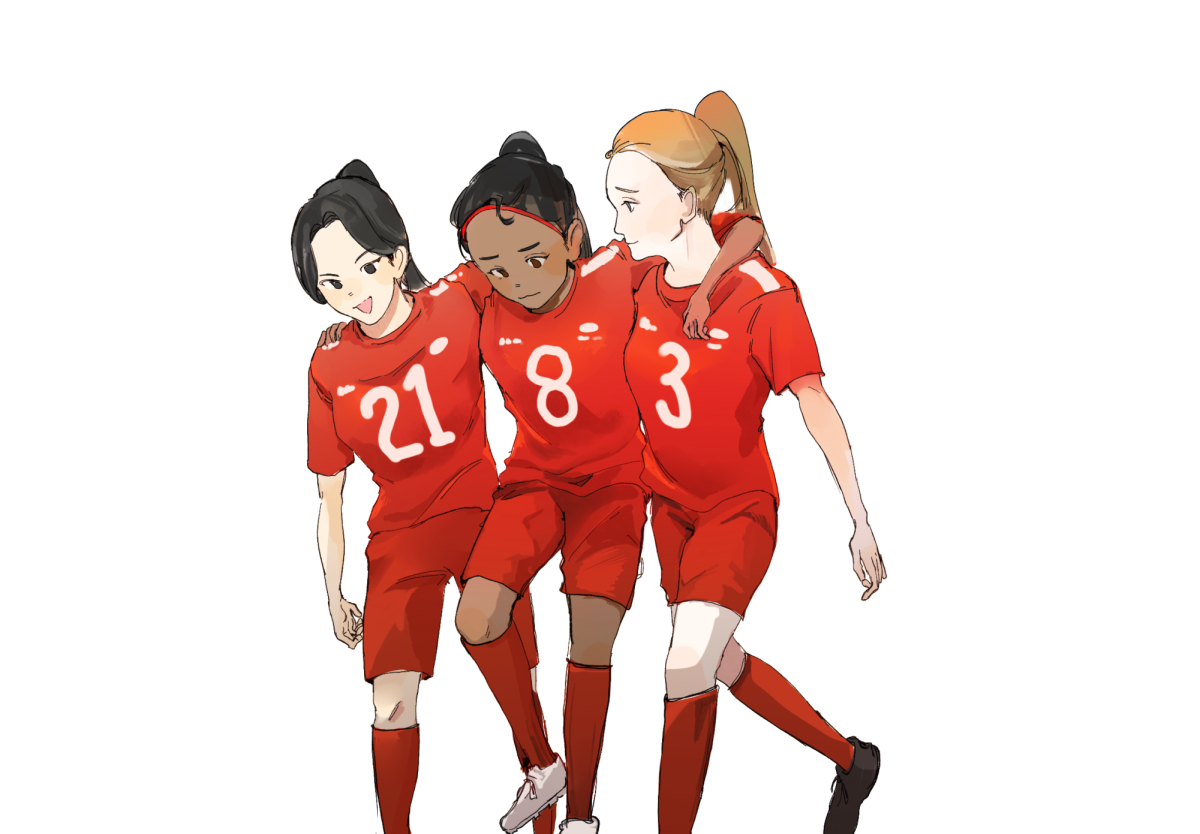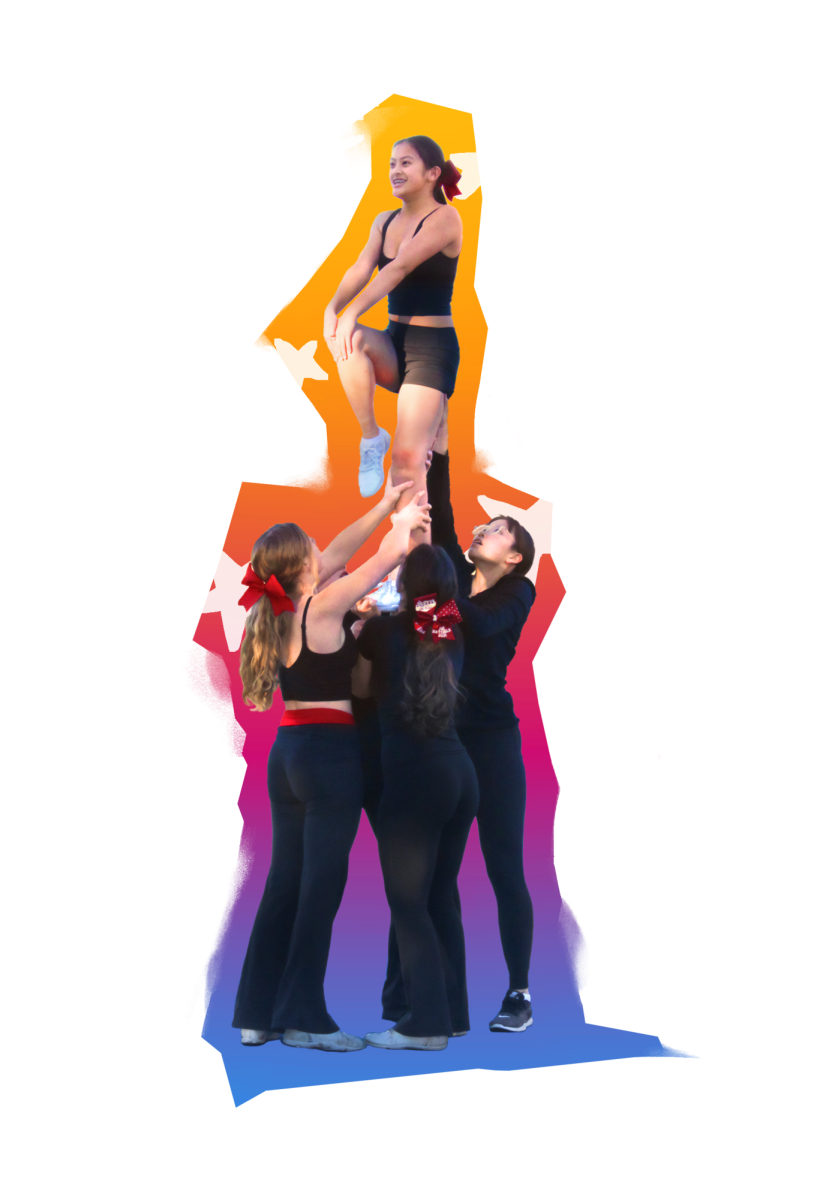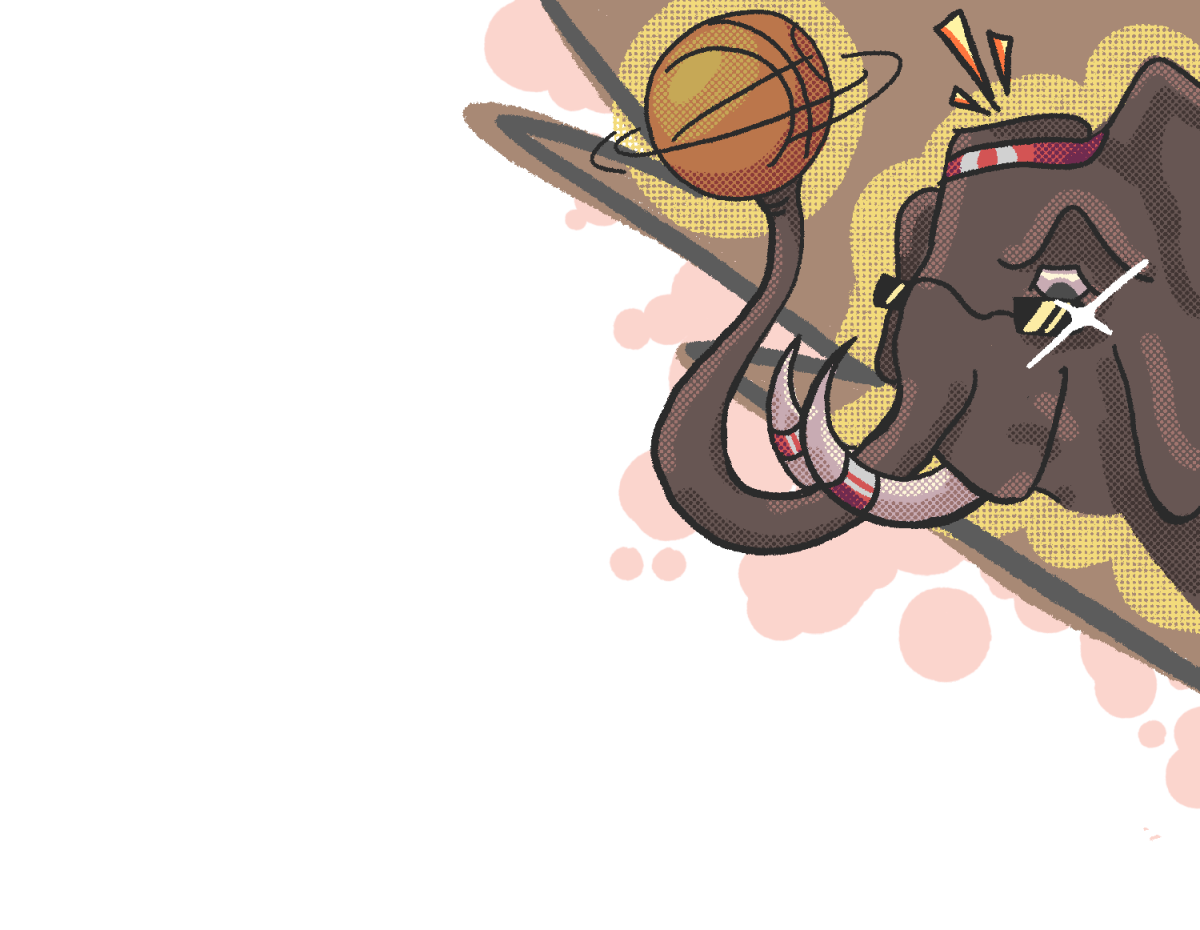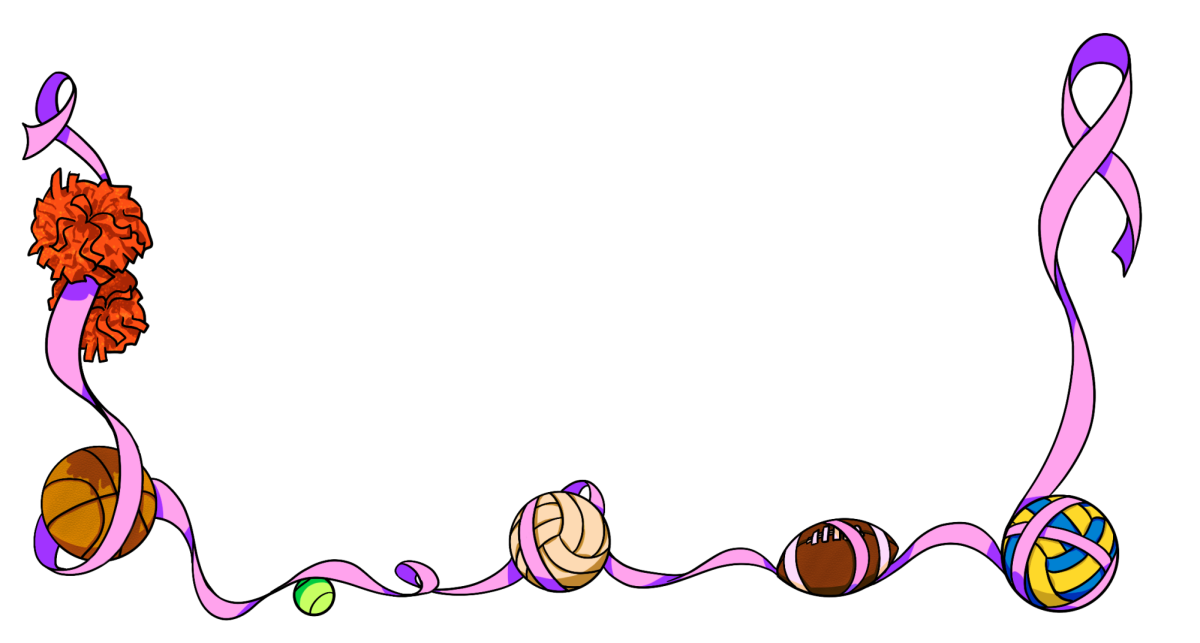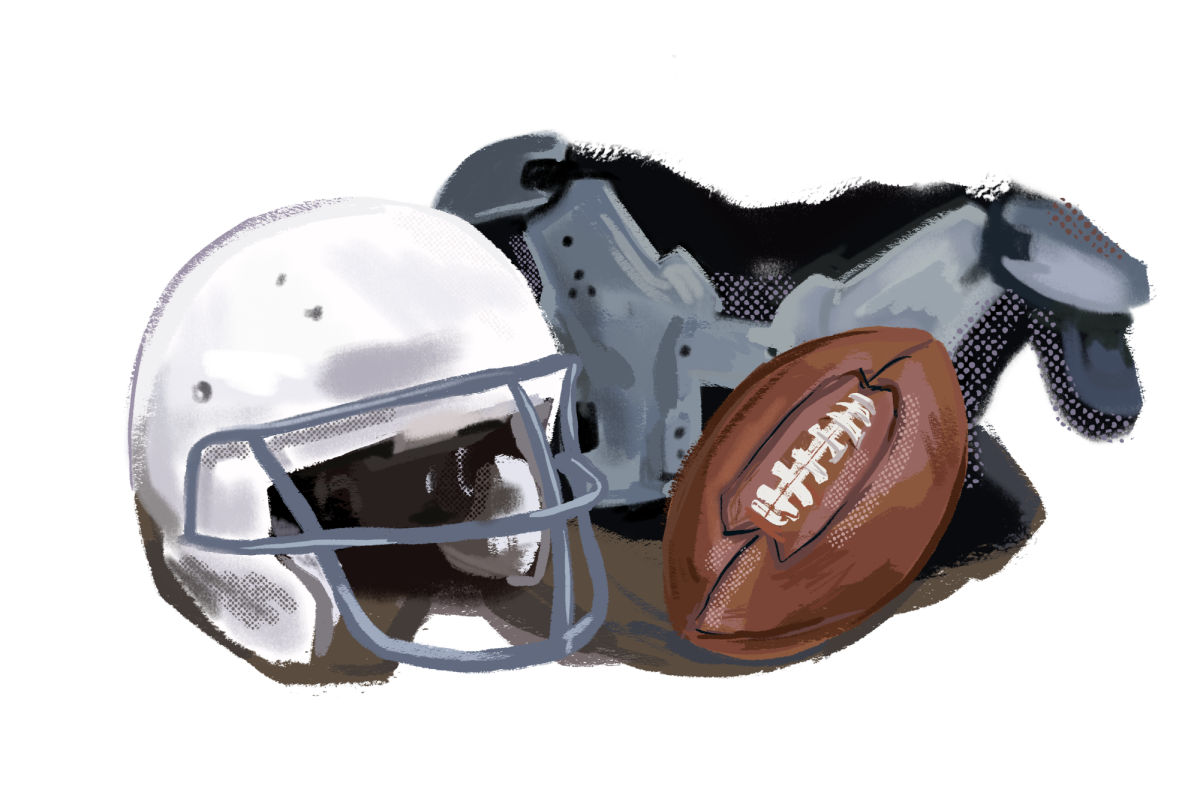Written by Ryeri Lim
The Oracle: How did you become interested in equestrianism?
Tania Senter: I remember going to [riding] camp when I was really little–that got me into it. After that, my mom signed me up for regular lessons, on and off for a few years. In middle school I started leasing horses; I bought my first horse in freshman year. I don’t compete at super high levels [right now], but I do show.
TO: Why are you so committed to this sport?
TS: I’m on the cheer team and I’ve done lots of sports in the past, but by far horseback riding is my favorite sport. I’ve just been doing it for a long time, and I’ve always had an interest in and a dedication to it. No matter what else I’m doing, I’m always horseback riding. I go to the ranch almost every single day. It’s become such a big part of my life that I don’t know what my life would be like without it.
TO: What role does horseback riding have in your life?
TS: It’s definitely a hobby in the sense that even when [I’m not regularly] competing, [like] when I was younger and wasn’t super serious about showing, I still ride every day. But when I am competing, I will be out every day training and working with the horse I’m competing on. But also, the ranch is my happy place. No matter what else is going on with other sports, at school or at home, I can always go there and just be with the horses.
TO: How do you interact with people differently through horseback riding than you would through other sports?
TS: I have a lot of friends at the ranch where I ride. We’re all just out there doing the same thing and we all have a love for the sport. In terms of [during] actual competitions, it’s not a contact sport—but you are competing as a team against other [teams] and you’re [individually] competing against everybody else. So I think we have a respect for each other and for the sport.
TO: What are the unique challenges of this sport?
TS: Patience. All the horses [I ride] are really different from each other. It’s about adapting and having the patience to work with the horse through the good days and the bad days.
TO: Is horseback riding dangerous?
TS: It definitely is dangerous, but so are a lot of other sports. You always do wear a helmet when you ride. I’ve fallen off so many times, but—knock on wood—I’ve never gotten any super serious injuries, though I’ve definitely gotten bumps and bruises here and there. The most recent fall I had was during a timed round [of a show]. Time was almost up, but I was approaching one [last] jump. Then the whistle blew really loudly completely threw me off—I rode the last couple of strides really badly and the horse just stopped in front of the jump. I flew completely over him and landed on the other side of the jump, still holding onto the reins. I was definitely a bit bruised up from that one.
TO: How has this sport bettered your character?

TS: I’ve definitely learned a lot about patience, [but] it’s also taught me a lot of responsibility. Other than the actual riding, there’s so much that happens on off the horse—I have a job at the ranch where I ride so I can pay for horseback riding, because it is not cheap. [I also have to] care for the horse. But the most rewarding thing for me is to work with the horse and see improvement, both day-to-day and long-term. Even if you don’t place [at a show], it’s about seeing the work you’ve put into it pay off. That’s definitely the biggest motivation for me to go out every day and work really hard at riding. It’s just to see those improvements.
TO: What’s your best memory from participating in this sport?
TS: One of the last horses I worked with [was] a rehab horse—he’d been injured. After a couple months of rehabilitating him, my trainer convinced me to lease him. I was able to take him from the ground up, retrain him to jump and a lot of other things. Then I was able to take him to a show. We got first place even though it was his first show, and our first show together.
TO: It sounds like you’ll continue horseback riding in the future.
TS: I’m in-between horses right now, but I’m in the process of buying a horse. So once I have, I definitely will step it up with showing and competing. I’ll take the horse to college with me, and compete in college.
TO: And how about beyond?
TS: After college, it depends on my plans. I plan to go to vet school, so it’d be hard to keep up the level of riding I’m doing. But it’s definitely going to a part of my life always. I’m going to find ways to ride.




